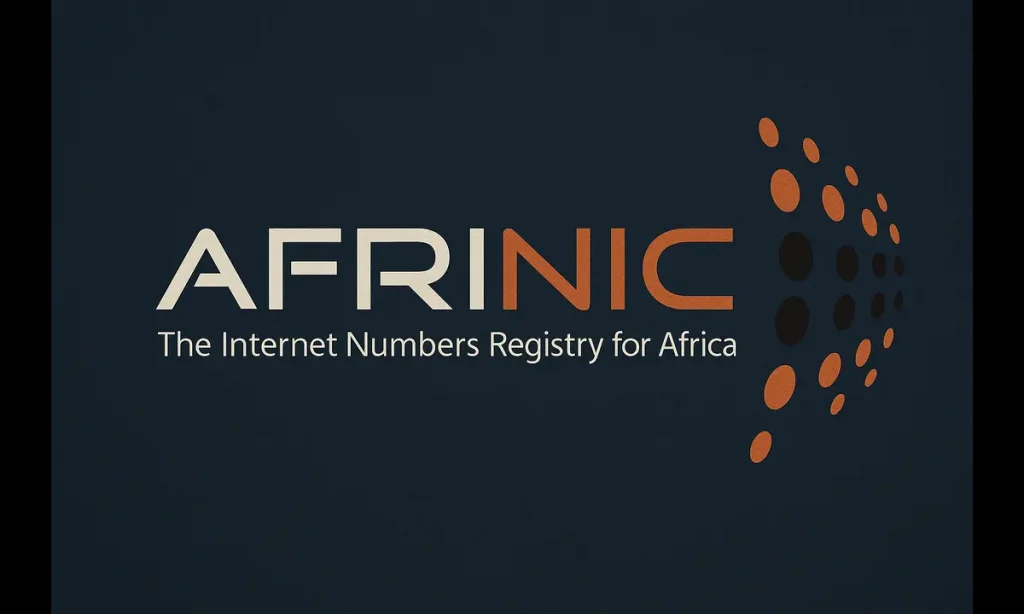- AFRINIC members elect the board under Mauritius law, but state-directed annulments erase their legally protected votes.
- Recognising the September rerun invites future government overrides and undermines Africa’s bottom-up internet governance.
Members’ formal powers and the election process
Members of AFRINIC hold the ultimate authority to elect the board under its constitution and the Mauritius Companies Act. They nominate candidates, vote (including via valid proxy mechanisms), and expect that their ballots count. The Election Committee (ECom) runs the technical and procedural aspects, but it is the members who decide who leads. In normal operation, this model ensures accountability: board members must answer to the membership, and decisions reflect community consensus.
However, legal safeguards must back this structure. Member votes should be protected under company law and internal bylaws. When members participate fully and in good faith—casting proxies, voting in person or electronically—the expectation is that their votes cannot be negated except via transparent, judicially supervised process. Their power lies not merely in the act of voting, but in the assurance that the outcome will stand unless legally overturned under strict criteria.
Also read: AFRINIC elections and the consequences of weak legal remedies in Mauritius
Also read: What role does the Election Committee (ECom) play in AFRINIC?
When member power is undermined by weak remedies
In the AFRINIC crisis, the June 2025 election—held under court supervision and in compliance with bylaws—represented a peak of member participation. But when the Mauritius government intervened and ordered the annulment via the court-appointed receiver, that intervention negated member power. No judicial finding demonstrating sufficient legal cause was publicly disclosed to justify the annulment under the Companies Act. The directive to nullify a member-determined outcome is incompatible with the principle that AFRINIC must obey Mauritius law, not political orders.
Following the annulment, a September rerun was imposed—one that cannot be legitimately recognised because it stems from a process that began with unconstitutional state intervention. Accepting that rerun would set a dangerous precedent: that member control may be overridden by state actors at will, nullifying the entire concept of membership governance. This is especially perilous in the context of the Internet’s infrastructure. When external actors—such as the U.S. or ICANN via Kurt Lindqvist’s new ICP-2 related document—signal support for such state interference, they validate a process that tramples democracy while proclaiming to defend it. African sovereignty is at stake: members should have real power, not token participation whose outcomes can be wiped out at a government’s whim.
Call to action: the June results must be recognised, interference halted, and legal remedies strengthened so member votes cannot be made meaningless.

